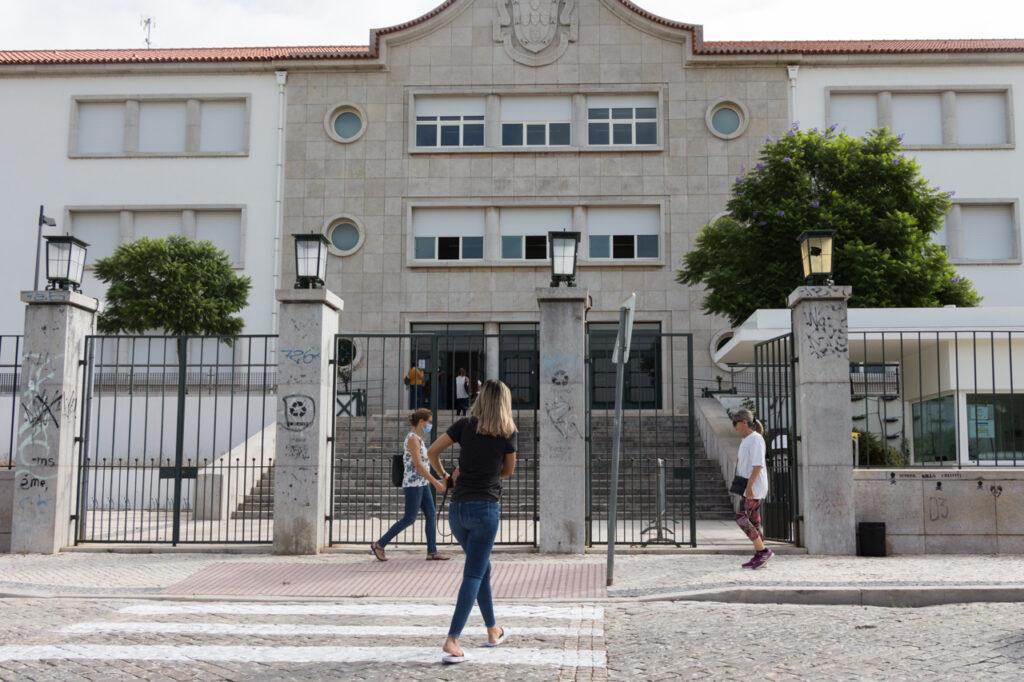Schools lack psychologists to support students, reveals the report “Status of Education 2021”, which highlights the fact that some of these professionals work simultaneously in several schools and with different levels of education.
The National Education Council released today, January 26, its annual publication, in which it portrays the “State of the State” in Portugal, analyzing various factors such as the human resources of schools, in which non-teaching staff stand out.
In the last school year, there was a ratio of one psychologist to 744 students, according to the report, which underlines that there has been a “progressive reduction in the average number of students per full-time equivalent psychologist schedule, in the last four years, on the continent” .
However, this number is still above the maximum value defined by several «international organizations of reference, which suggest that the ratio should not exceed 500 to 700 students per psychologist».
The CNE underlines that the ratio of students per psychologist can be decisive for the quality of the services provided, with the aggravating factor that «often the action of these professionals is divided by several schools and by different levels of education and teaching».
The situation is much better on the islands: Last year, in Azorean schools, each psychologist had, on average, 419 students. However, that year, there was an average increase of 31 students per specialized technician, interrupting the downward trend of recent years.
Psychologists represented more than half of the “Specialized Technicians” who are in schools, according to the CNE report, which indicates that most of the 1.509 hours are occupied by psychologists (636), followed by speech therapists (366) and occupational therapists (137).
The report also points to the lack of Specialized IT Technicians, necessary to "ensure the quality of teaching, which is increasingly dependent on technological and digital resources".
The CNE stresses the importance of the work of all non-teaching staff, from the employees who are at the school entrance to the psychologists, stressing that there are fewer and fewer of them since 2013/2014.
In the last school year, there were 83.387 non-teaching workers in mainland schools, with the most employees in the north of the country (19.765), followed by the Lisbon Metropolitan Area (12.853) and the Center region (11.496).
In recent years, school directors have asked the Ministry for more non-teaching workers, stressing that they are a fundamental part of the functioning of schools and the academic success of students.
Non-teaching workers are also participating in the strikes that have been taking place across the country since December last year, demanding better wages and greater job stability.



















Comments